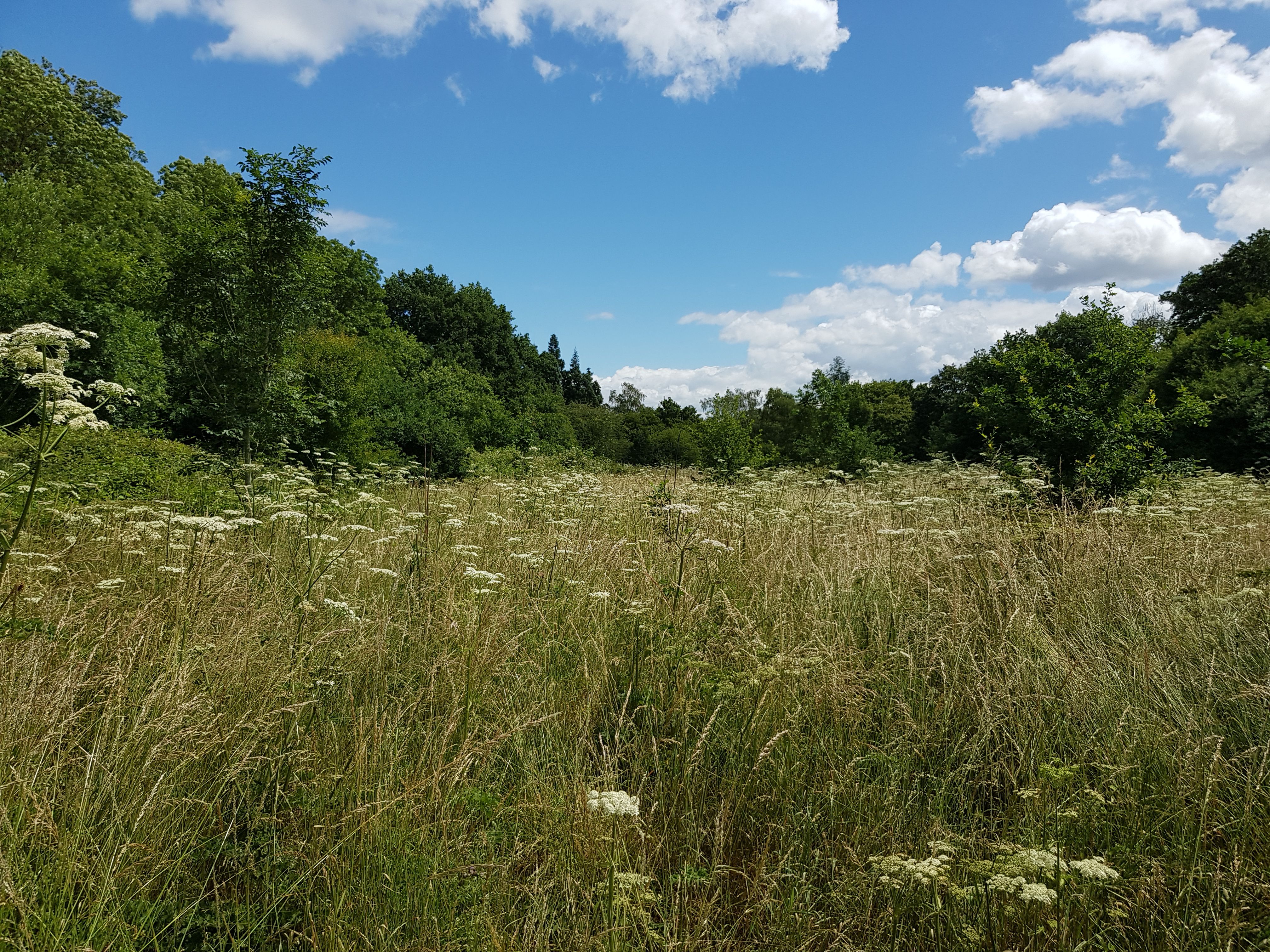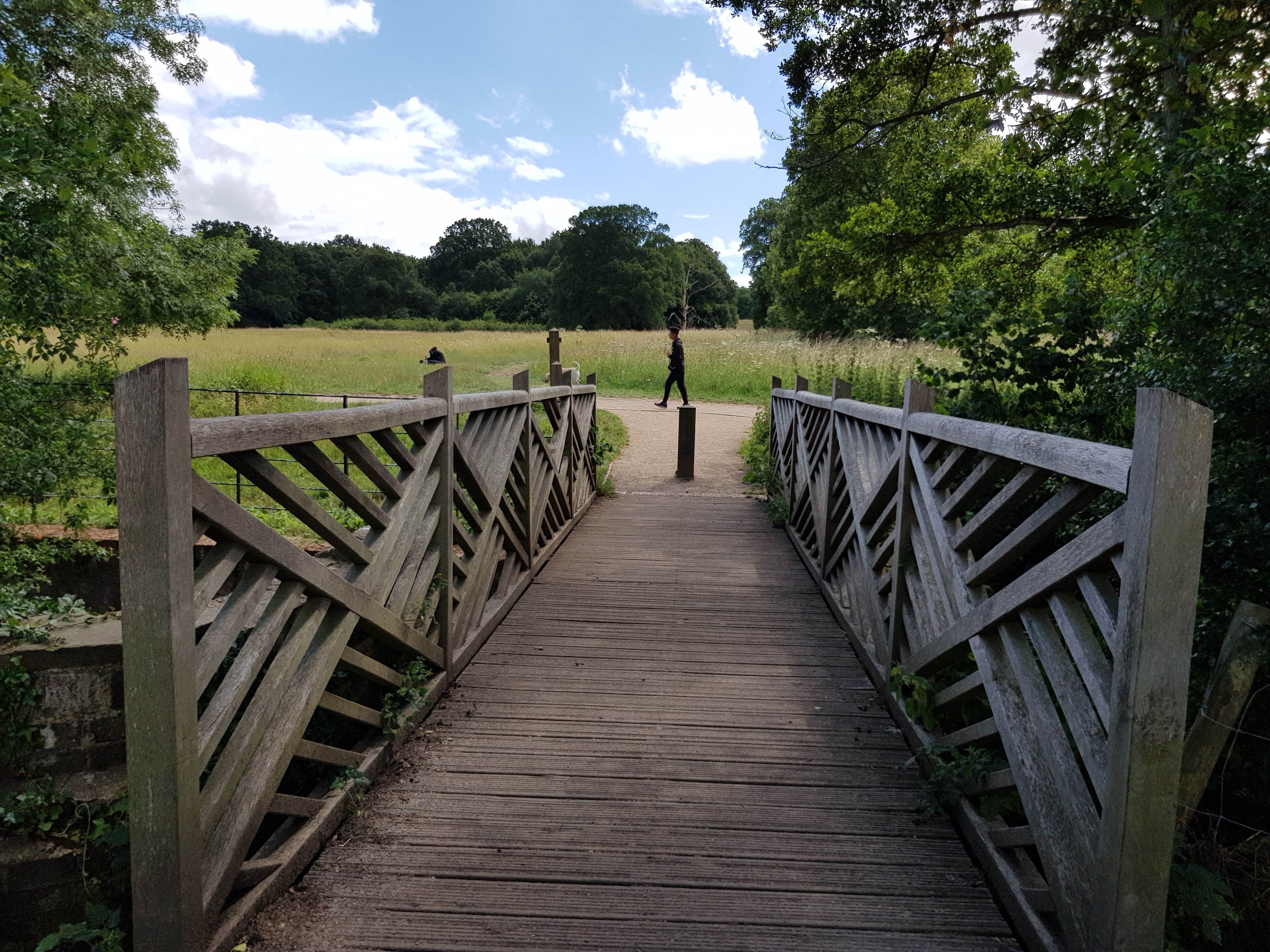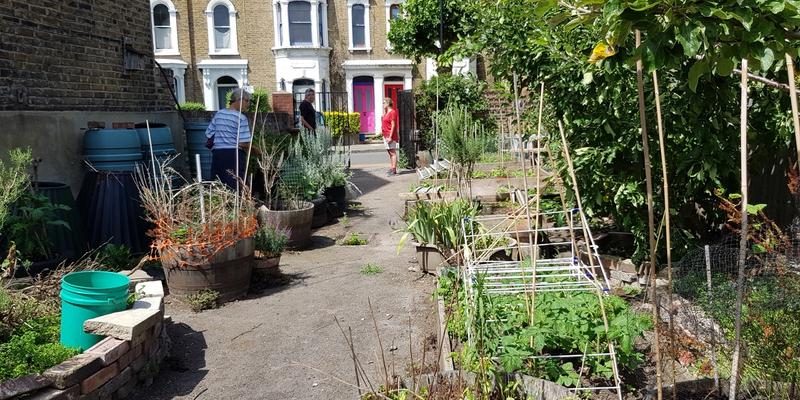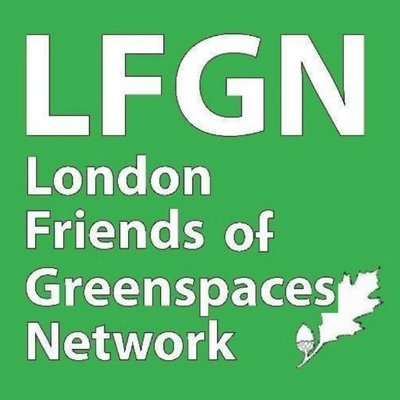Members of the London Friends of Parks and Green Spaces Network, the umbrella organisation for the 700 or so local friends of parks groups throughout London, have been sharing views from the peak of the COVID-19 pandemic.
Members were asked how parks had fared, what actions are being undertaken now and what the future may hold.
Experiences were much the same during the early stages of the pandemic, with increased footfall, lots of new people discovering the joys of green spaces, lots more litter and issues around anti-social behaviour ranging from large gatherings and drunken behaviour, to conflicts between different user groups and defecation. A key concern is the extra burden on, and further stretching of, already understaffed and under-resourced parks services.

There were initially some problems around the coordination of managing these different issues between volunteers, parks staff, councils and, where needed, the Police or other emergency services. These are being resolved and procedures are developing to help address future events.
Litter was a key issue and one group plan to demonstrate how bad it was by emptying the rubbish bags they collected, sorting dry rubbish into categories such as plastics or glass, then counting and photographing the results. We'll share details of this when they've completed their audit. There is a suggestion that smaller plastic items like bottle tops and plastic clips which are not easily recovered will remain in parks for many years to come.
Some freshly planted trees and flowerbeds were victims of the lockdown in the early, hot days. In many cases it was only the dedication of volunteers that kept thirsty plants watered and alive.
There was almost unanimous praise for local authorities and parks staff who worked on through difficult circumstances. One Friends group is making some commemorative mugs to present to their local park keepers as a thank you.
One positive from the shut-down was that there was an increase in both the number and diversity of people using parks, with many saying they will continue to visit in the future, especially younger people.
Going forward it would be nice to serve this increased awareness and use with well run facilities and activities. The reality is that budgets are being cut and resources removed. Some toilet blocks may struggle to re-open, and management of some habitats will be drastically reduced to just essential mowing and bin-emptying.
With restrictions continuing, the likelihood of large commercial events to raise extra funds will not materialise and some cafe concessions or clubs will probably be lost. One predicted casualty in many parks will be paddling pools. These are costly to maintain and require staffing to ensure hygiene and health standards are met. It's been identified as being beyond the ability of parks friends groups to manage.

Remaining optimistic is a common trait with park friends groups and most are ready to see opportunities in the future. The increased awareness of parks has brought an increase in people keen to help out in their newly discovered green spaces. This support is welcome and timely as there's lots to do to enable parks to remain relevant, attractive spaces for the physical and mental wellbeing of society and for nature.
Projects are already underway to improve relations between different user groups, for example, several groups are looking at ways to improve cycle routes to avoid conflict with pedestrians and family groups or how to improve access for people with mobility issues.
Some groups are being more ambitious and are considering new planting schemes, woodlands and extending parks, creating parklets in nearby streets or greening routes to link parks and bigger green spaces.
The future will see more cooperation and partnerships across the parks sector to ensure our green spaces remain open, accessible and welcoming for all. If you'd like to get involved with an existing park friends group, or start a new one, contact the LFGN via their website.



